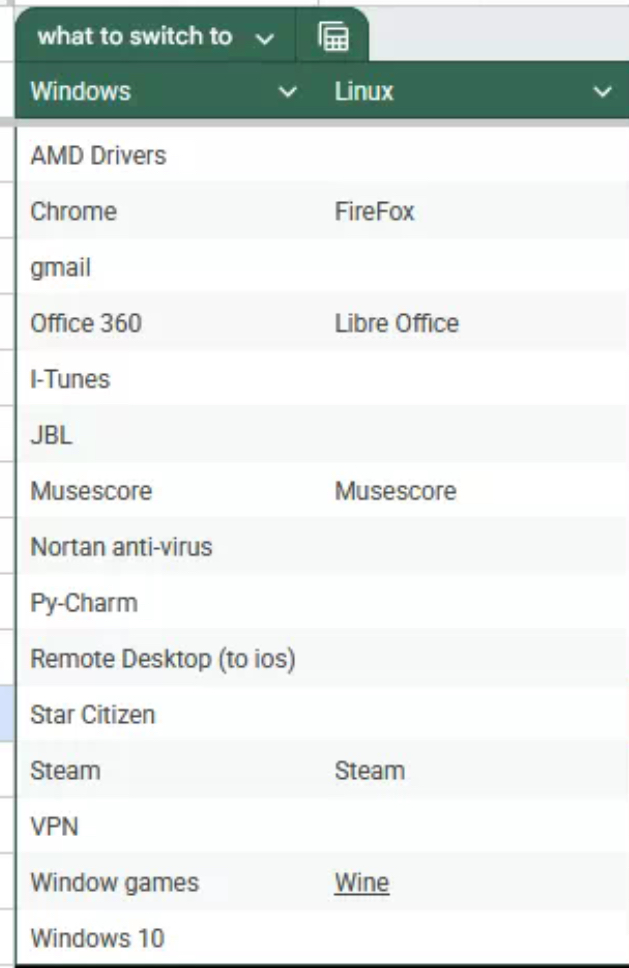this post was submitted on 24 Mar 2025
317 points (93.4% liked)
Linux
63062 readers
297 users here now
From Wikipedia, the free encyclopedia
Linux is a family of open source Unix-like operating systems based on the Linux kernel, an operating system kernel first released on September 17, 1991 by Linus Torvalds. Linux is typically packaged in a Linux distribution (or distro for short).
Distributions include the Linux kernel and supporting system software and libraries, many of which are provided by the GNU Project. Many Linux distributions use the word "Linux" in their name, but the Free Software Foundation uses the name GNU/Linux to emphasize the importance of GNU software, causing some controversy.
Rules
- Posts must be relevant to operating systems running the Linux kernel. GNU/Linux or otherwise.
- No misinformation
- No NSFW content
- No hate speech, bigotry, etc
Related Communities
Community icon by Alpár-Etele Méder, licensed under CC BY 3.0
founded 6 years ago
MODERATORS
you are viewing a single comment's thread
view the rest of the comments
view the rest of the comments

On windows you install things from random websites as the primary method of installing stuff, this means anything can install anything and has installers that can install bonus stuff. This is why windows has so much malware.
On linux, imagine your distro is an app store, ubuntu is an app store, mint is an app store, fedora is an app store. The apps themselves can't manage installation so they can't bundle nonsense with them. you just click install and you get only the thing you wanted and nothing else.
Since your distro curates all the software, as long as you trust your distro, you'll know there's no malware on your computer, because you get all your software from the distro (or flathub but same idea).
You can install things from random websites for Linux too, though.
You can, but on windows it's the standard way to do things, on linux it's almost never done.
The security model is also very different between Linux and Windows. Linux is just inherently more secure.
True for wayland, not true at all for x11
It's true for any variation of Linux. Hell, the vulnerability (Mimikatz) that was crucial in the most expensive cyber security attack in history is still there in Windows.
And for X11 to be exploited you would need to get and run malicious code in the first place. The Linux security model kicks in before you get to that point.
all you have to do is trick the user into installing something malicious, and running it.
then with x11 it can snoop on literally everything, sure, for a server linux is inherently more secure but as an end user i don't think it matters much.